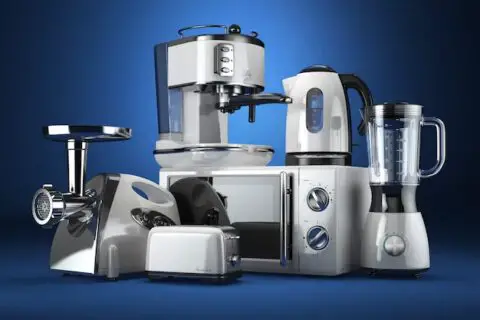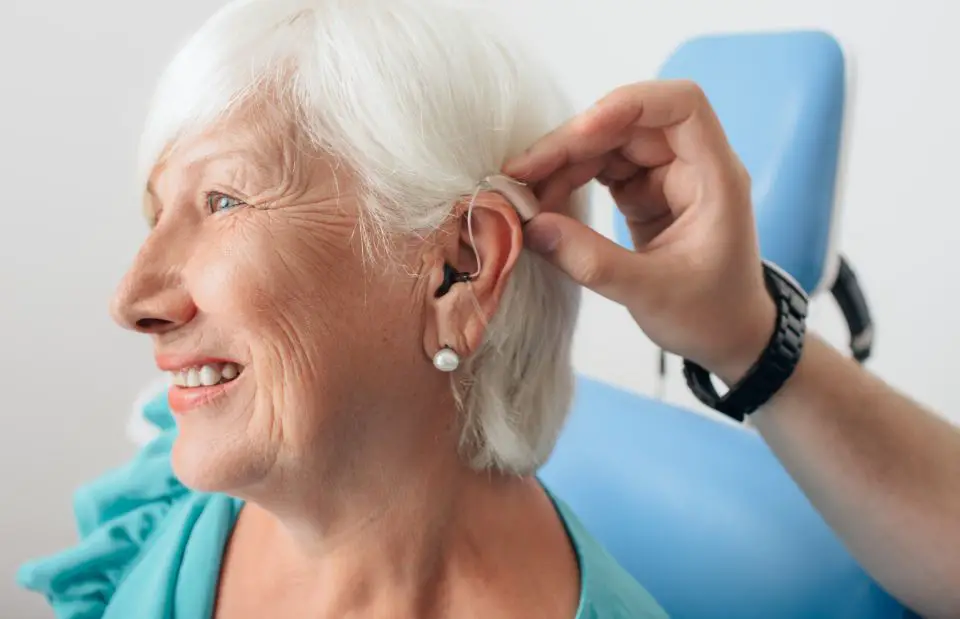Breaking...
Online Household Products
This platform will assist you in finding the best reviews about the products related to your kitchen, household, and daily life, such as books or relaxation and wellness.
OHP blog aim to provide a wealth of information on various topics.
Our priority is happy and satisfied readers, visitors, and customers.
Kitchen Gadgets
IKEA Play Kitchen Hacks
Online Household Products September 7, 2023 0Drew Barrymore Kitchen Appliances
Iqra Mumtaz May 16, 2023 0Best Appliance Brand
Online Household Products May 11, 2023 0Retro Kitchen Appliances
Online Household Products April 28, 2023 0Relaxation & Wellness
OHP Blogs
Best Shaker Bottles
Best Shaker Bottles
Best Shaker Bottles Introduction On a Saturday morning, everyone who has gone into a gym, group workout class, or local park is seeing a shaker…
How to get healthy hair naturally?
How To Grow Healthy Hair Naturally?
Facebook Twitter Linkedin Pinterest Youtube How To Grow Healthy Hair Naturally? Introduction Every woman wants long and healthy hair. No woman is ever satisfied with…
Featured Articles
Online Household Products
We work hard to provide you the Best Product Reviews through our Website so, it worth your money after buying them.


















